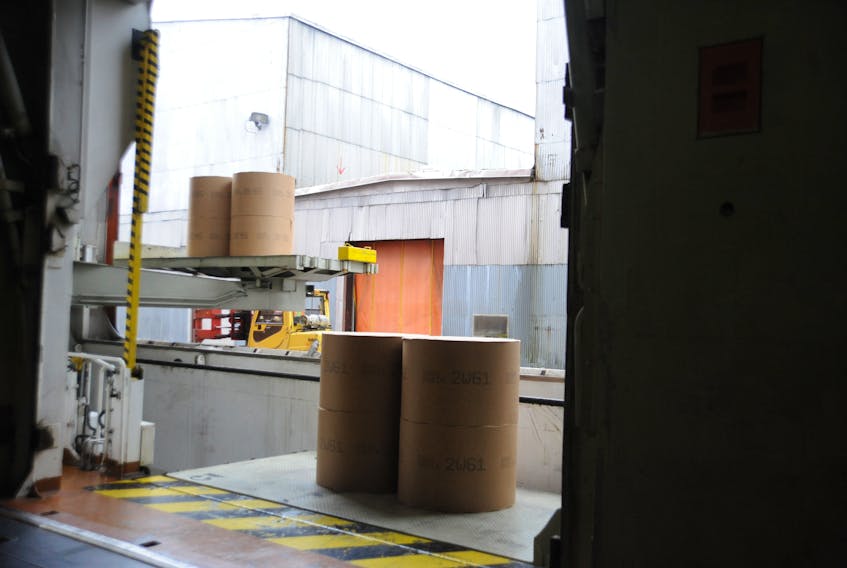For a White House that has recently taken to justifying its actions with quotes from the Bible, here’s something to think about: “As ye sow, so shall ye reap.” (It’s Galatians 6:7.)
There’s been a lot of focus on the effects that new American tariffs will have on Canadian business. But in the U.S., consumers and farms are waking up to the fact that they may also be collateral damage in a trade war started by their own president.
Take washing machines as a simple example of the risks of trade tariffs: U.S. President Donald Trump brought in new tariffs on foreign-made washing machines in January, the idea being that the move would protect U.S. producers. In May, the price of washing machines across the entire United States jumped by 17 per cent — the largest increase in history for a market that buys 10 million washers a year. Not only that, but new tariffs on steel and aluminum are likely to drive the price even higher; buying steel in the U.S. currently means paying 50 per cent more than buying steel in Europe or China.
The cost of protectionism in that industry alone is likely to be tens of millions of dollars — all paid by U.S. customers. Meanwhile, a U.S. economic consulting firm is warning that, for every job that steel and aluminum tariffs protect in the U.S., 16 jobs will be lost. Trade Partnership Worldwide LLC is predicting that the increased costs to consumers in the U.S. will ripple through the economy; the firm is anticipating 400,000 U.S. job losses, including 375,000 in the service industry.
Then, there are the impacts on farmers.
Just look, for a moment, at the concerns in Ohio.
Ohio agriculture is deeply invested in the Chinese market, particularly for soybean sales. In all, 31 per cent of that state’s soybeans go into the Chinese market — and China has proposed a 25 per cent tariff on American soybeans in retaliation for proposed U.S. tariffs. This weekend, Ohio State university crunched the numbers and predicted that the average Ohio farmer would see their income drop from US$63,577 to US$26,107 as a result of the tariffs.
In total, the drop in soybean exports for the state to China would fall by US$241 million every year. Nation-wide, soybeans are a US$12 billion industry.
Ohio was a key state for Trump in in the 2016 presidential election. In Akron in August 2016, Trump said his approach would actually mean the opposite of what seems to be occurring: “My trade reforms will raise wages, grow jobs and add trillions in new wealth into our country.”
There would be, he said, “so much winning.”
Right now, the winning looks like it could be outstripped by the losing — and in states that were crucial parts of Trump’s victory.









